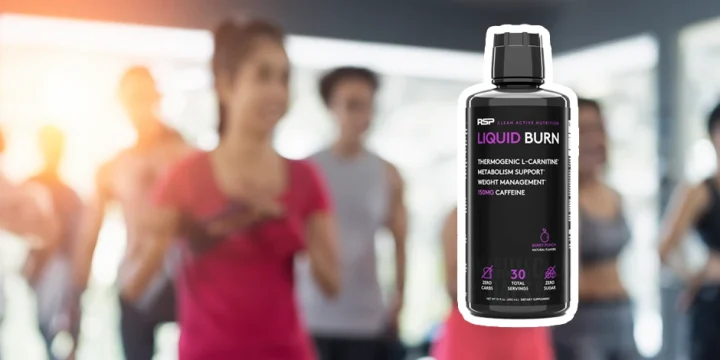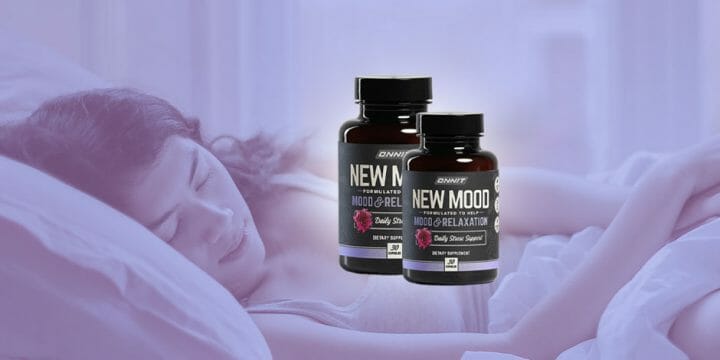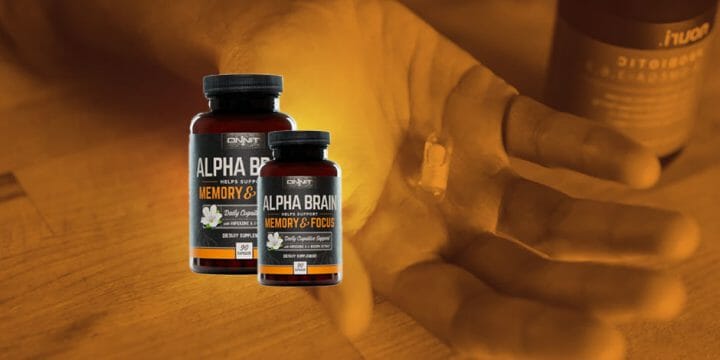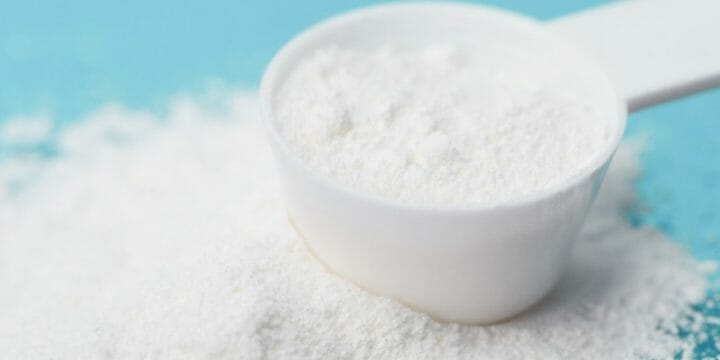The health and weight loss industry is constantly introducing new and reintroducing old micronutrients. It happens so often that you’d need to be a dietitian to keep up with it.
And when I heard about vitamin G for the first time in my life, I decided to get some expert help to figure out if it was real and what the benefits were.
I can now bring you information that my dietitian shared about this vitamin substance and whether you should add it to your supplements stack.
Quick Summary
- Vitamin G is an old nutrition name for riboflavin, which currently falls under B vitamins and is mainly labeled as B2.
- The health benefits of vitamin G include preventing heart attack, improving eye function, supporting the nervous system, and acting as an antioxidant.
- In the United States, less than 6% of the population has an intake of riboflavin from foods and supplements below the Estimated Average Requirement.
- I believe incorporating vitamin G into one's daily diet is a straightforward and effective strategy for enhancing overall health and preventing nutritional deficiencies.
What Is Vitamin G?
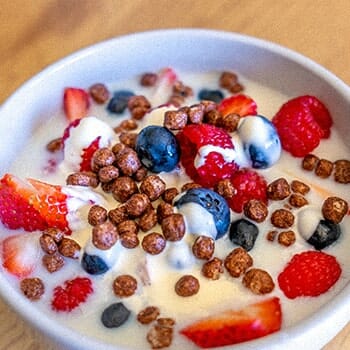
Vitamin G is an old name from nutritional science, and it refers to riboflavin. Riboflavin is categorized as vitamin B2.
Yes, I know it doesn’t make that much sense to the layperson, but apparently, this kind of thing happens sometimes in science.
Riboflavin is common in wheat flour, and with the western diet heavily reliant on bread, cereal, and pasta, it’s not common to become deficient. Despite its abundance in foods like wheat flour, sufficient riboflavin intake is vital for health.
Incorporating a riboflavin-rich diet or contemplating supplementation can help you fulfill your daily requirements and maintain optimal well-being.
We’ll get to health issues related to deficiency shortly. But first, let’s see why it’s an important macronutrient and what the human body actually does with it.
Why Is Vitamin G Important?

Riboflavin is an essential nutrient because the body cannot produce it. That means you have to get enough of it through your diet.
Our dietitian also showed us the overall health benefits that riboflavin has been associated with.
Impact Eye Function
One study from the National Library of Medicine has looked at the impact on the cornea and found positive results in test subjects [1]. Evidence suggests it may help prevent cataracts and improve the retina's light sensitivity.
Prevent Heart Disease
This is another health benefit of riboflavin, and one study examined its impact on blood pressure [2]. The results indicate that it could improve hypertension and boost the overall cardiovascular system.
Supports Nervous System
Finally, there is some evidence that it may help with migraines and even Parkinson’s disease by having neuroprotective benefits [3]. It could also lead to lower stress levels.
Works As An Antioxidant
And finally, scientists have established a link to alleviating oxidative stress, which may make this an essential substance for a detox supplement.
Now, let’s look at some potential disease impacts associated with a deficiency.
Energy Production in Athletes
Vitamin G is crucial for athletes as it aids in converting food into energy, enhancing endurance and performance. It's particularly beneficial in sports requiring sustained energy output.
Muscle Injuries and Recovery
Riboflavin helps to reduce exercise-induced damage and speed up recovery. Its involvement in tissue repair and reducing oxidative stress makes it a key nutrient for athletes.
Oxygenation Improvement
Vitamin G enhances muscle oxygenation during physical activities, optimizing the body's use of oxygen. This increases endurance and aerobic capacity, which is essential for high-intensity or endurance sports.
Symptoms Of Vitamin G Deficiency

Developing a significant vitamin G deficiency is rare as it’s easy to get enough riboflavin from wheat and milk. But here are a few examples of symptoms to look out for.
1. High Light Sensitivity
There is evidence that there could be an impact on the eyes and especially the nerve endings in the retina can be affected by a significant deficiency.
The result often is heightened sensitivity to light, and it doesn't necessarily need to be a very bright light.
Also, look out for a burning sensation as well as slight blurring.
2. Skin Issues
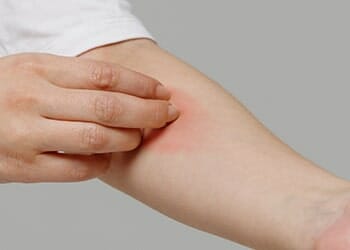
A lack of vitamin G may also increase the risk of skin conditions around the mouth and nose.
This could be reddening and flaking of the skin that becomes difficult to control with regular and natural moisturizers not making much of a difference.
In severe cases, this can even cause skin sores in both women and men.
3. Disrupted Sleep
Related to the eye sensitivity issues, there could also be an impact on your sleep patterns.
The way your eyes interact with daylight has a direct effect on melatonin levels. And that hormone has a significant amount of impact on how well you sleep and may even cause insomnia.
If you’ve had a big change in your diet and suddenly have a combination of sore eyes and disturbed sleep, then it could be down to a deficiency in this important vitamin.
Sources Of Vitamin G

If you have been diagnosed with a riboflavin deficiency, then try to add some of these to your meal plans.
1. Meat
One of the best ways to get more vitamins is through organ meat like liver. Even a small amount could make a big difference. Another option is venison, which is also lean enugh to not mess up your diet.
2. Grains
Wheat is another great option, and riboflavin deficiency often happens to people who suddenly cut out all grains like on the keto diet. It may also happen to people with diabetes who try to reduce simple carbs to avoid blood sugar spikes.
3. Vegetables
You need to go for the deep green veggies, for example, collard, kale, and broccoli. There’re also plenty of other minerals that you’ll gain from this type of food that can help you deal with a sign of deficiency.
4. Dairy
Milk is another rich source, and an ideal quick fix is a good quality whole wheat cereal with no added sugar and plenty of milk.
FAQ
What Are the Benefits of Vitamin G for Athletes?
The benefits of vitamin G for athletes are enhanced energy production, improved muscle recovery, and better oxygenation during exercise.
Is It Necessary to Take Vitamin G Supplements in Your Fitness Routine?
Yes, taking vitamin G supplements in your fitness routine is necessary if your diet lacks riboflavin-rich foods.
References:
- https://pubmed.ncbi.nlm.nih.gov/19431928/
- https://www.dsm.com/pharma/en/news/dsm-pharma-blog/riboflavin-and-cvd-patients.html
- https://www.ncbi.nlm.nih.gov/pmc/articles/PMC5517396/
About The Author
You May Also Like
